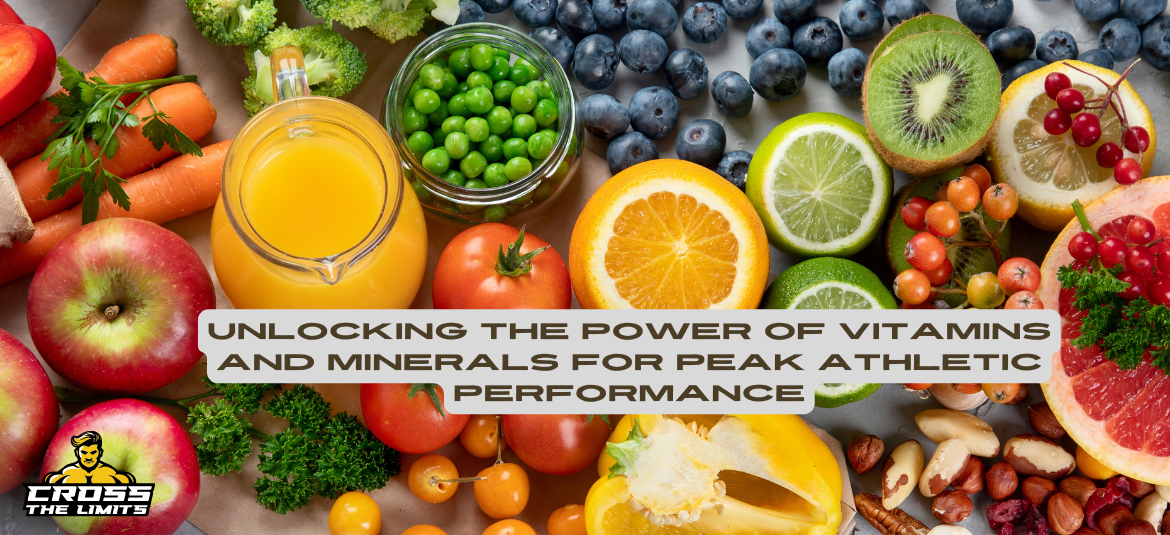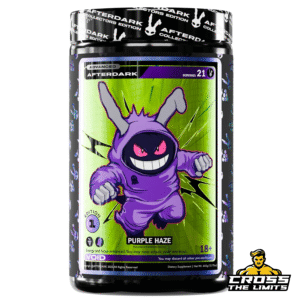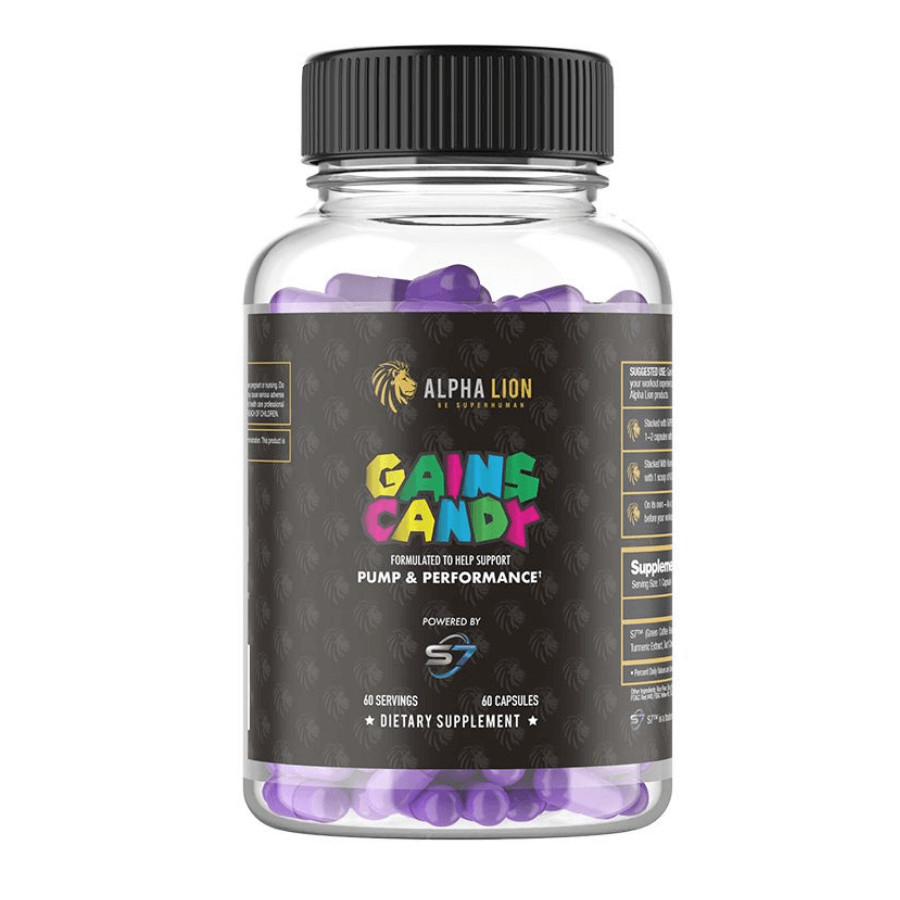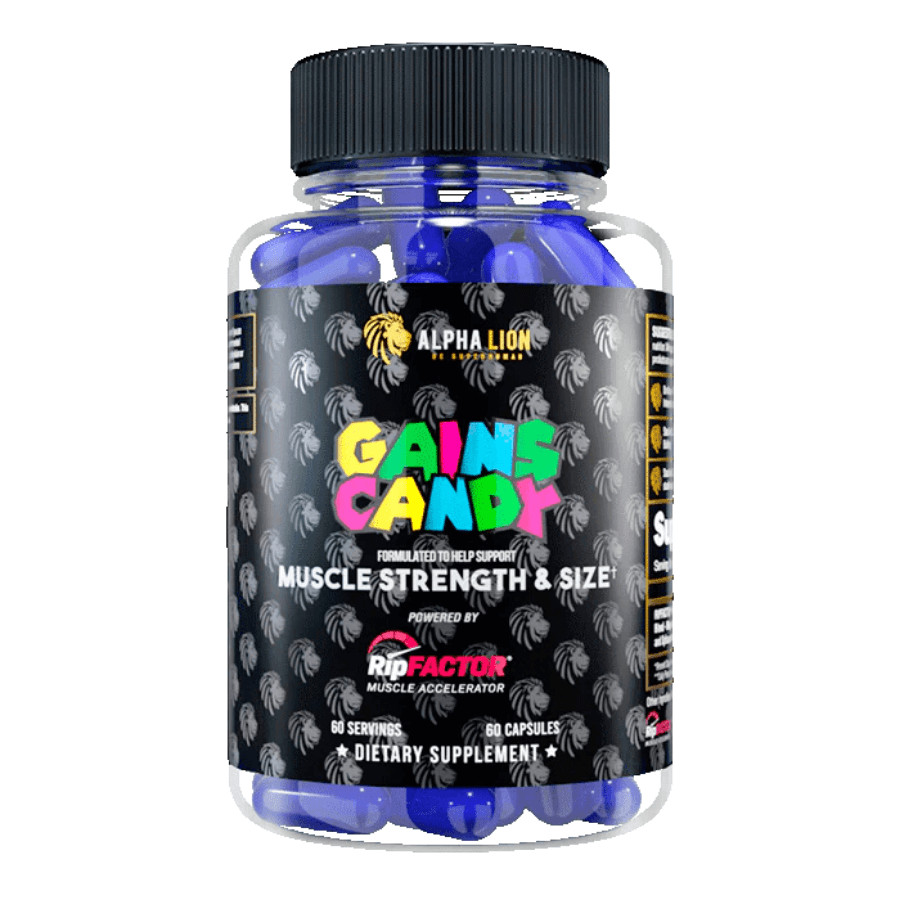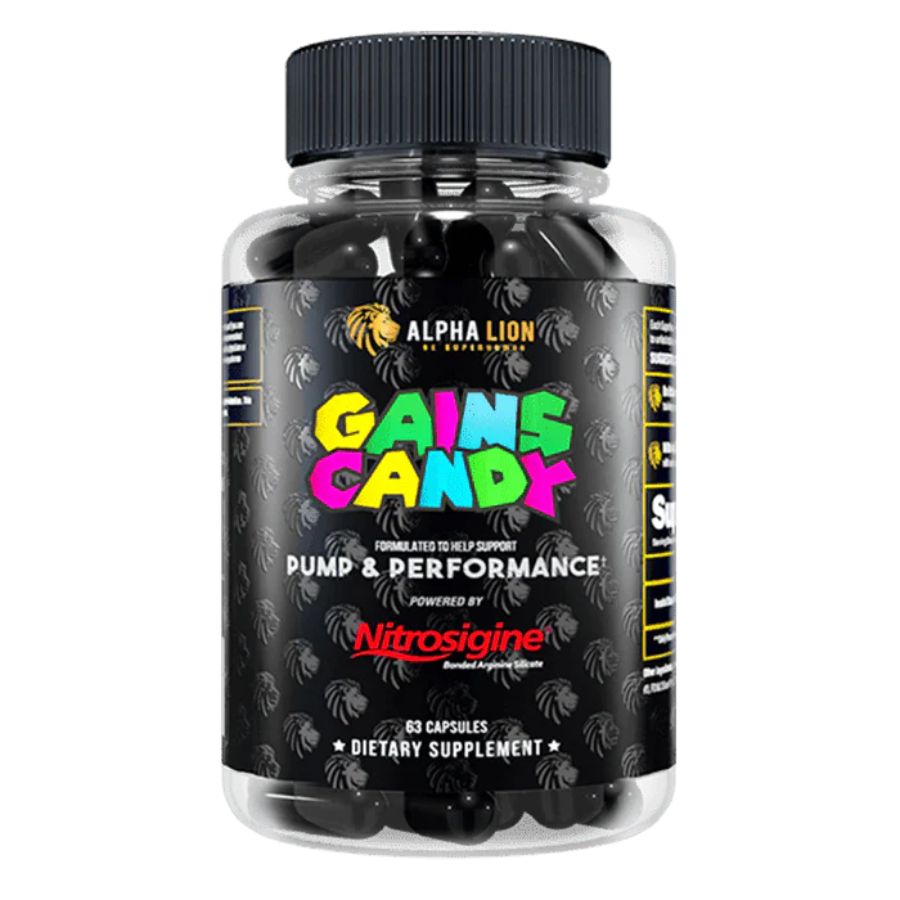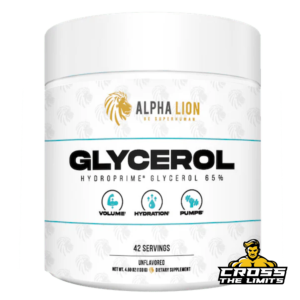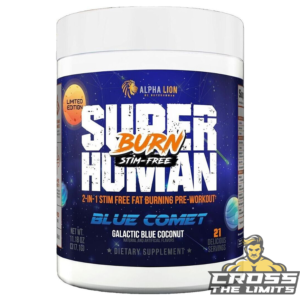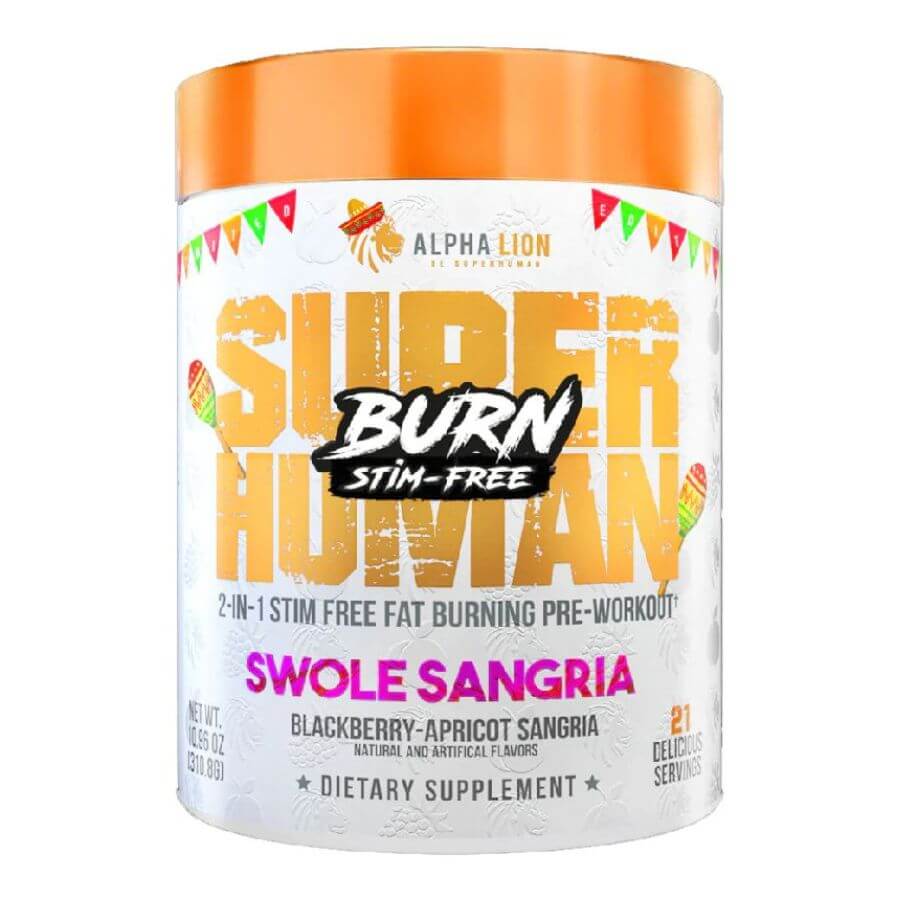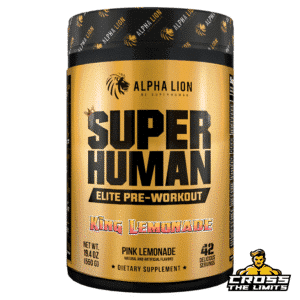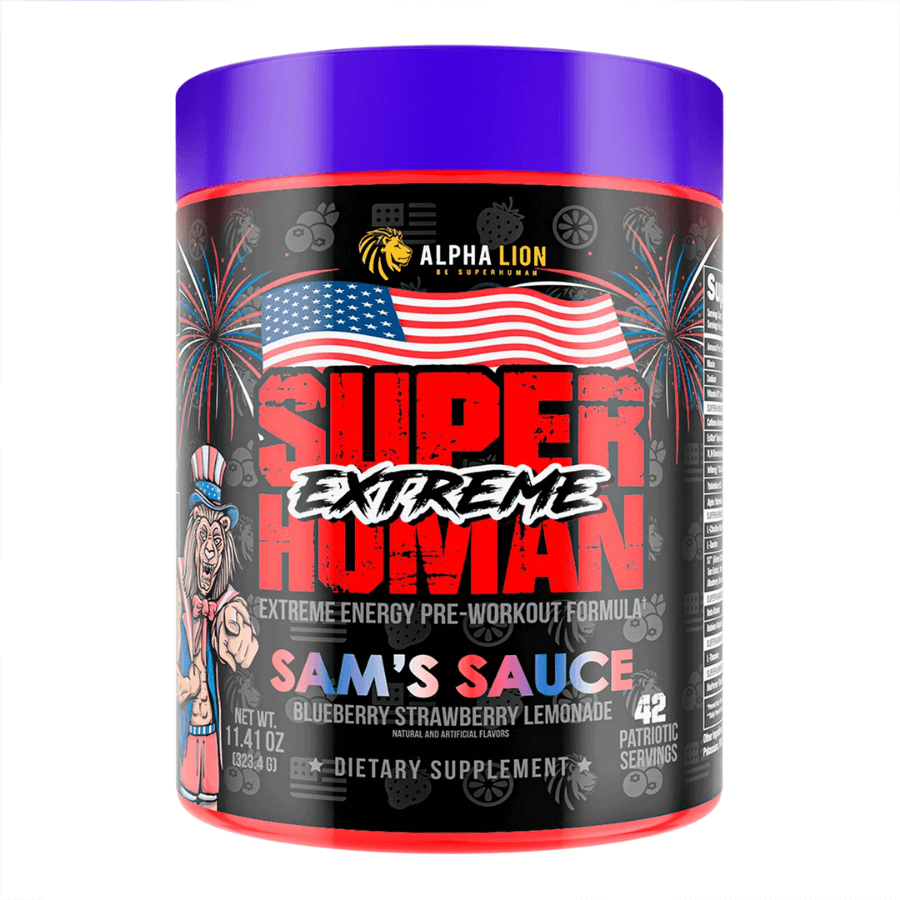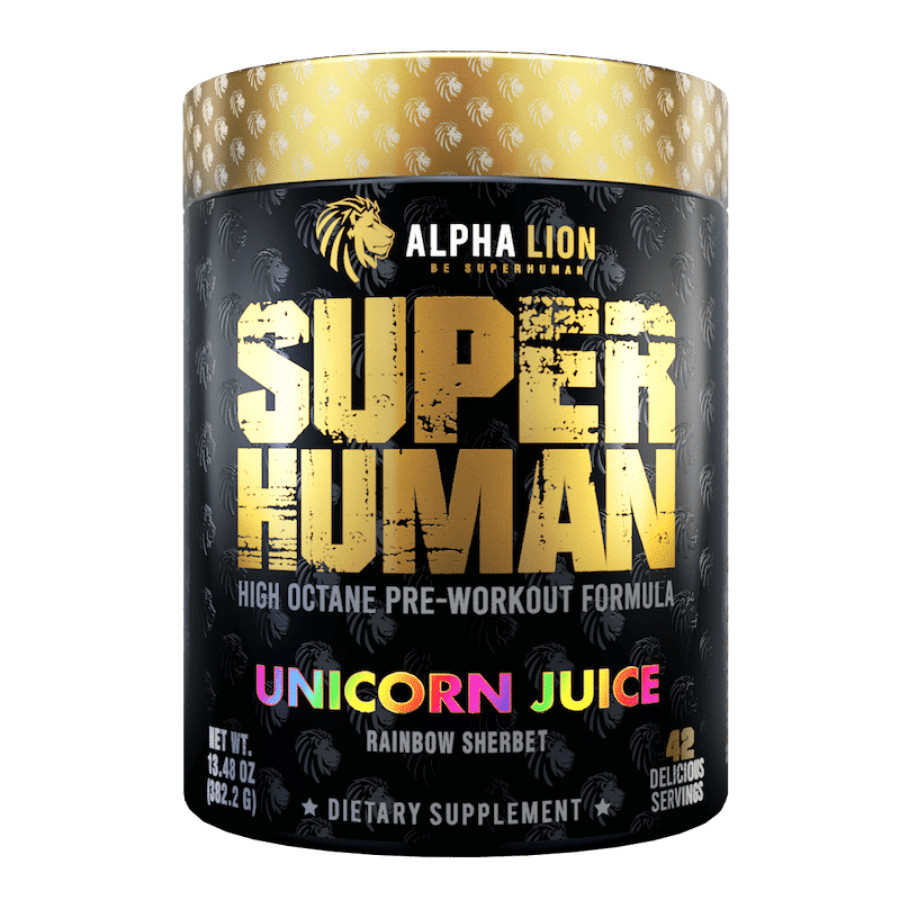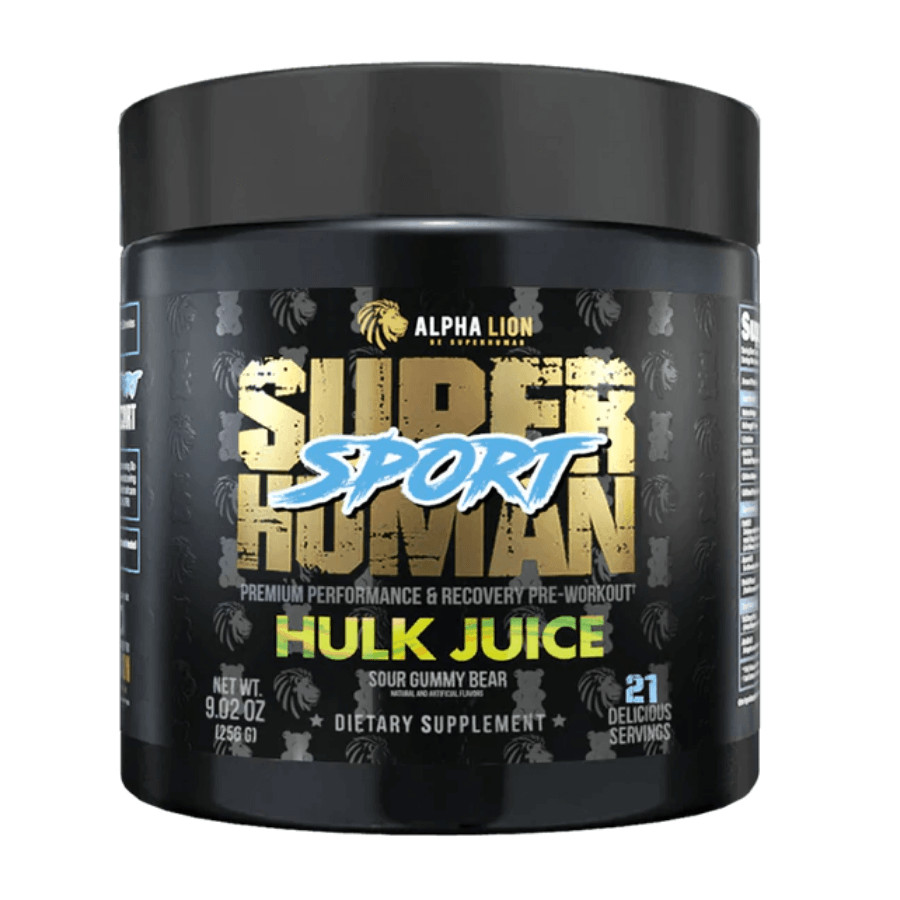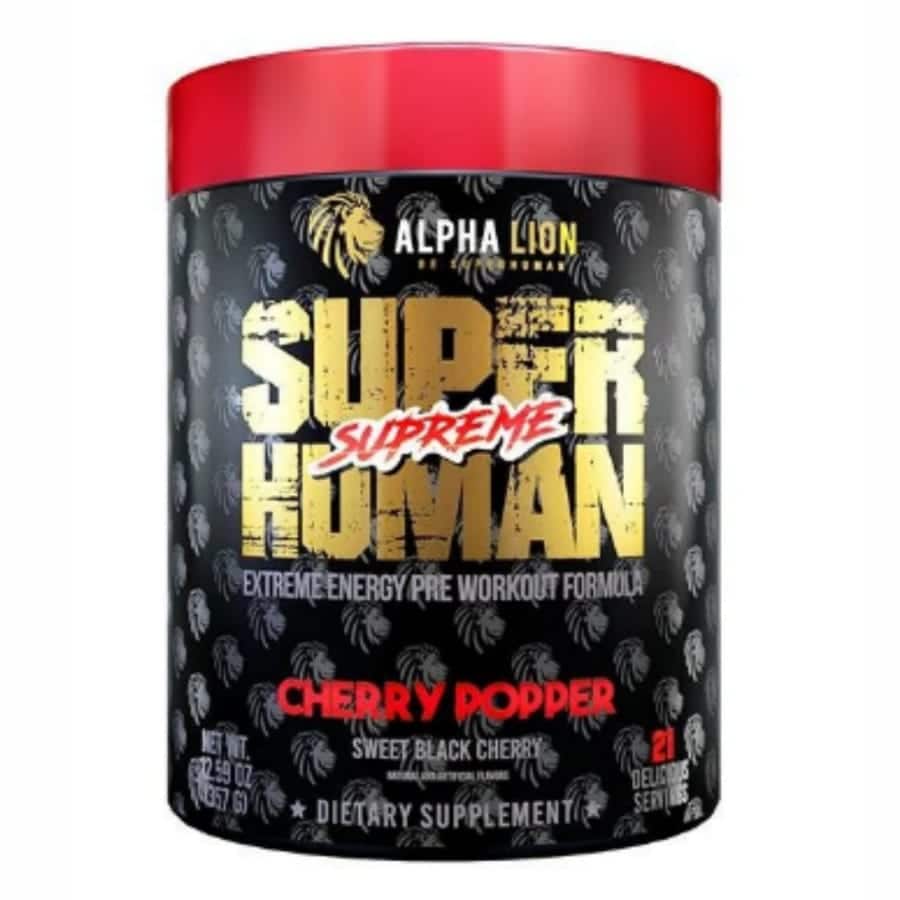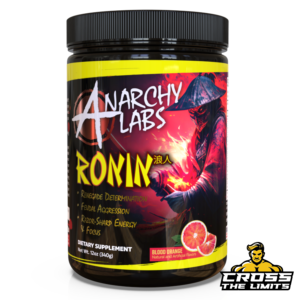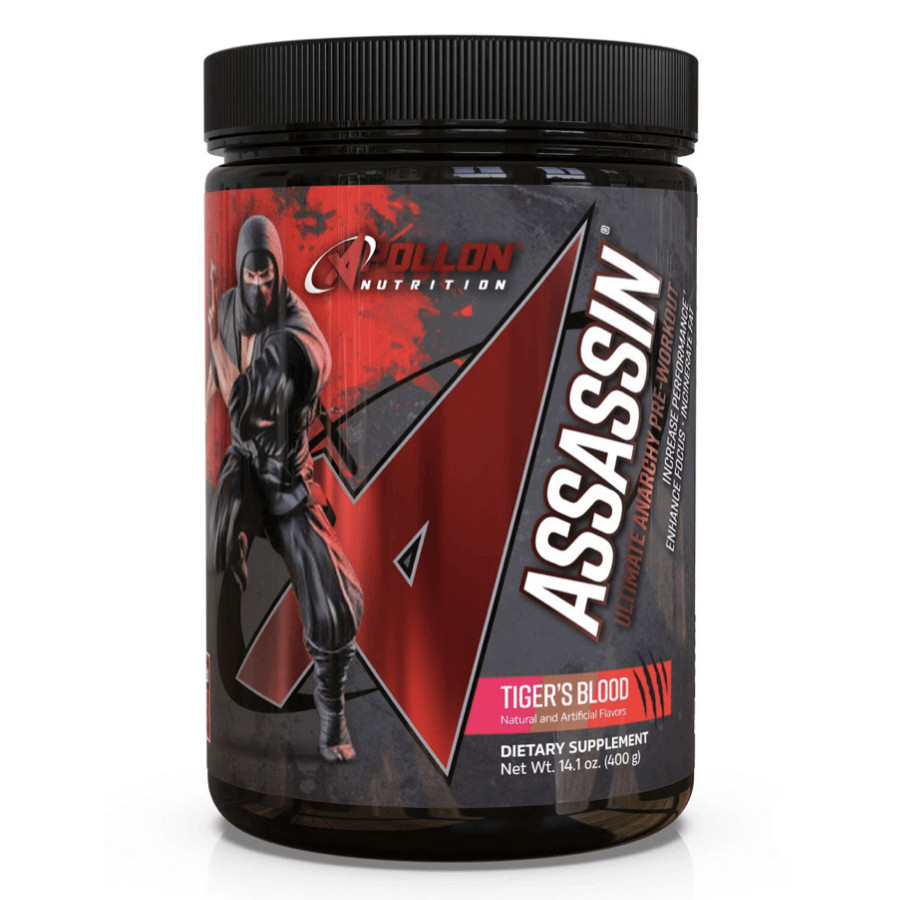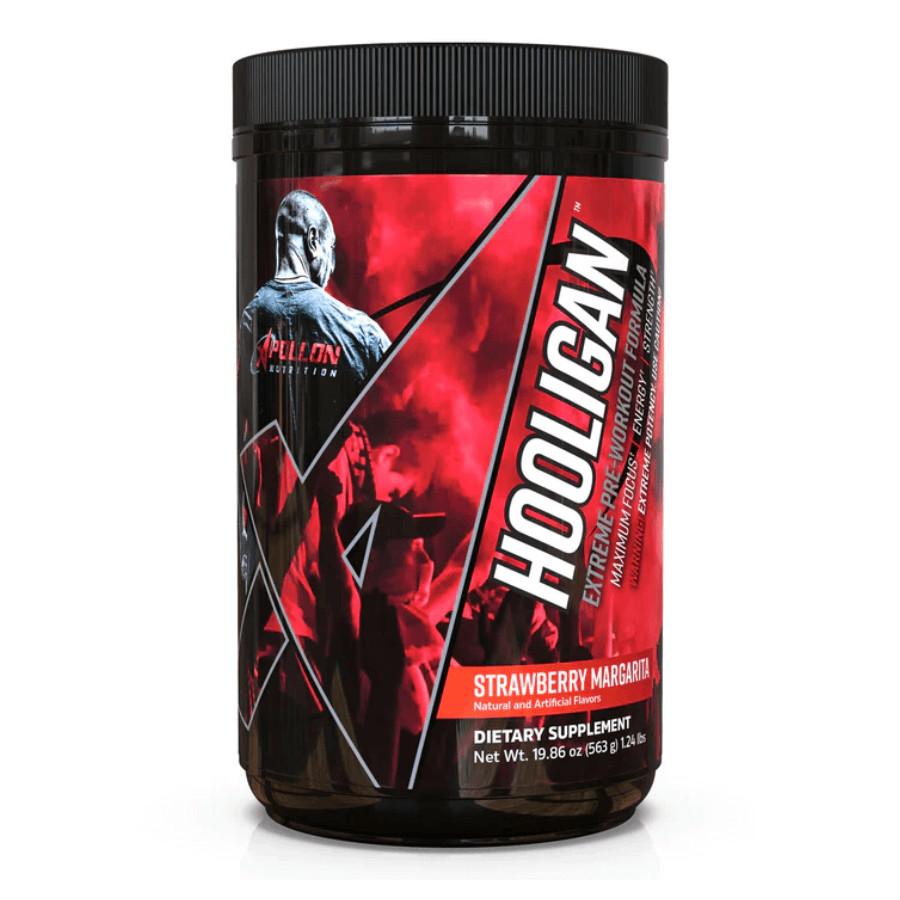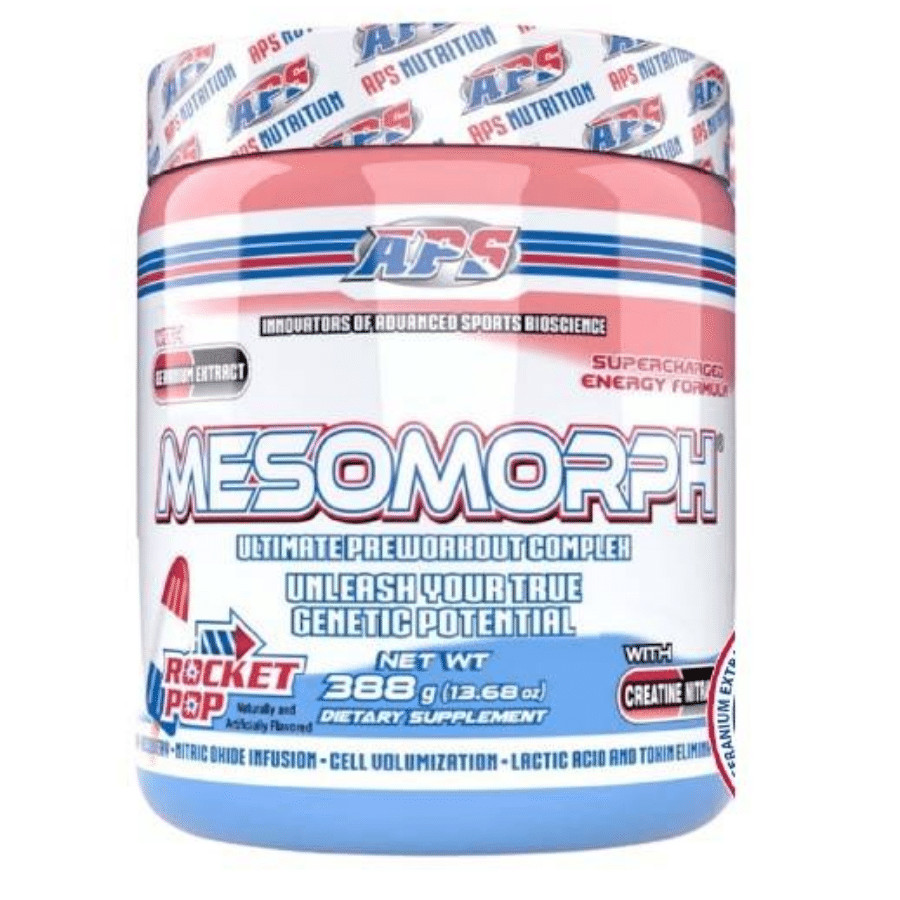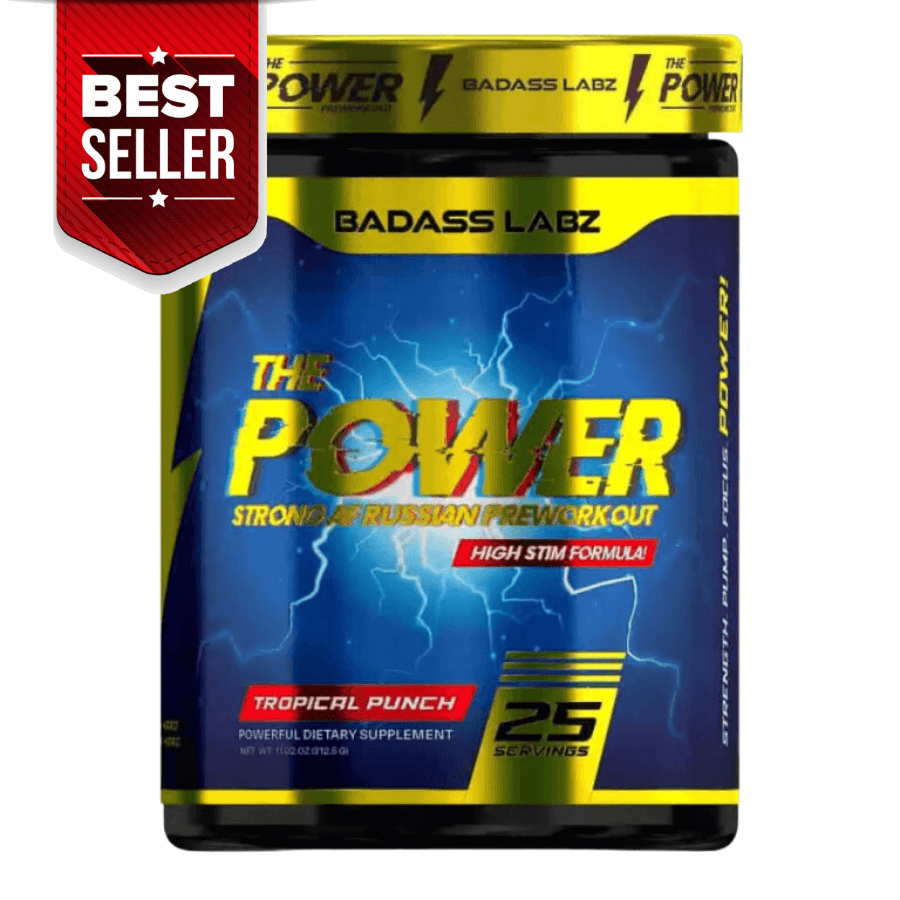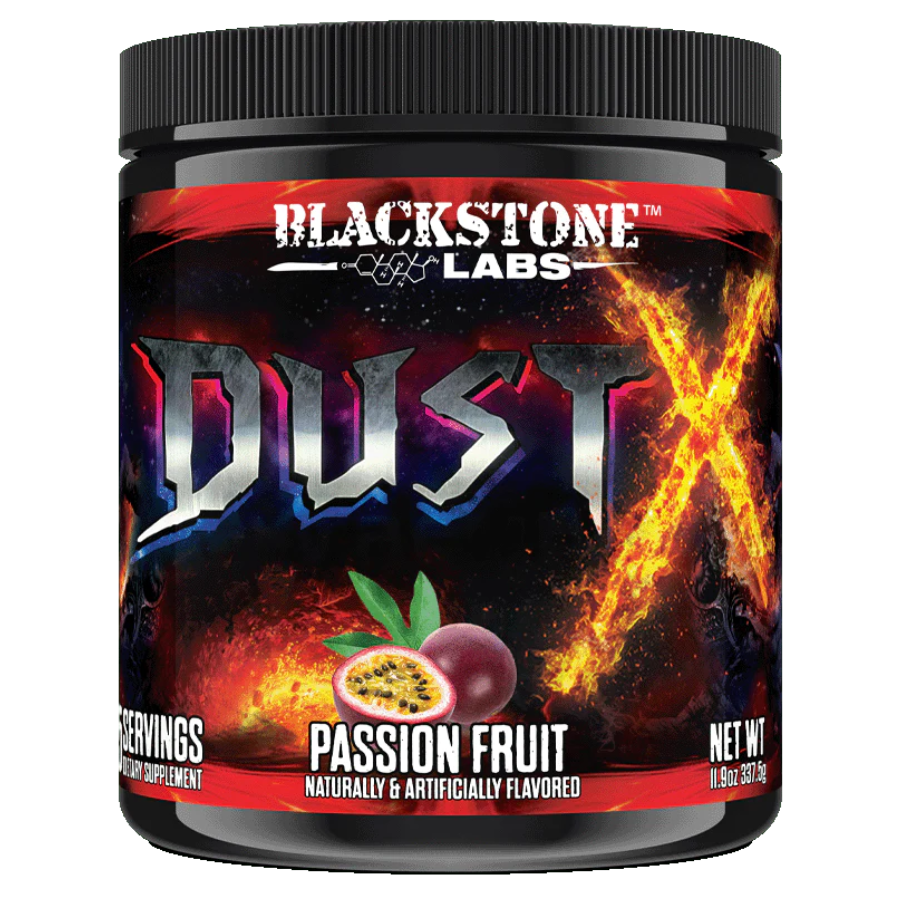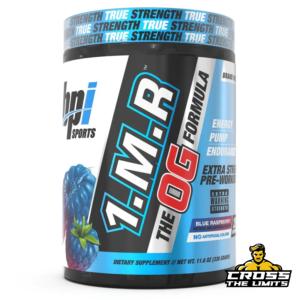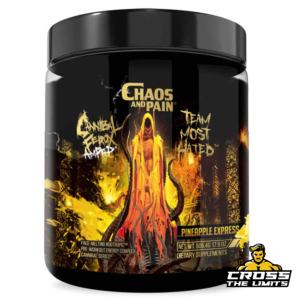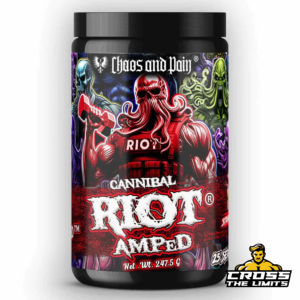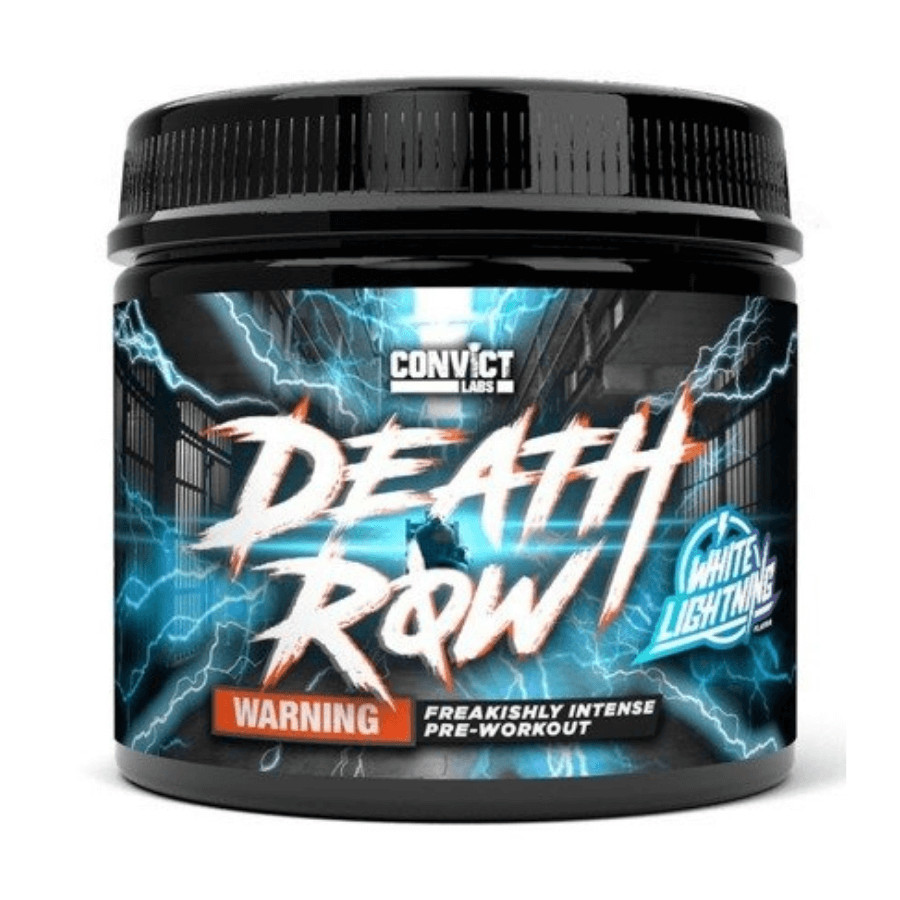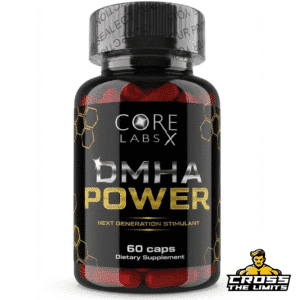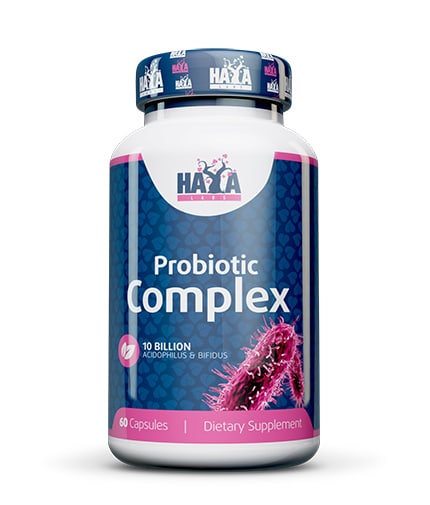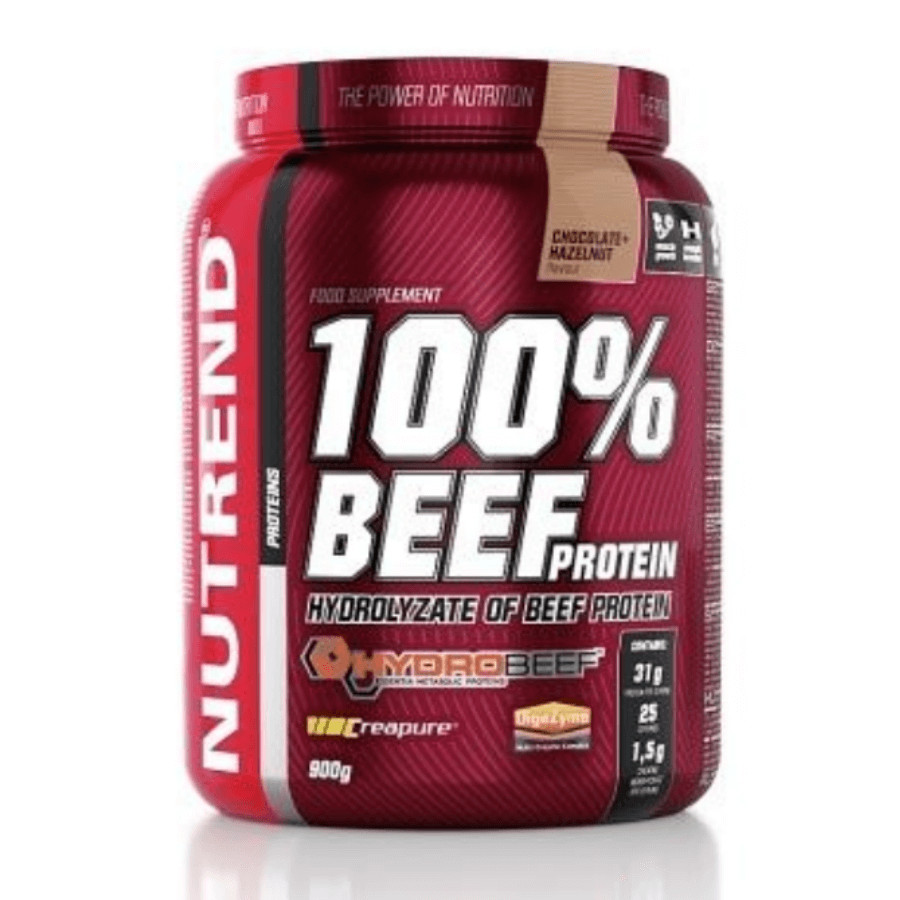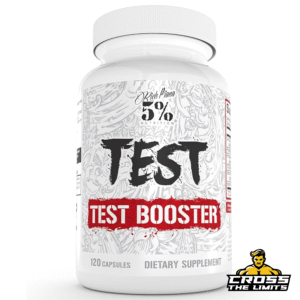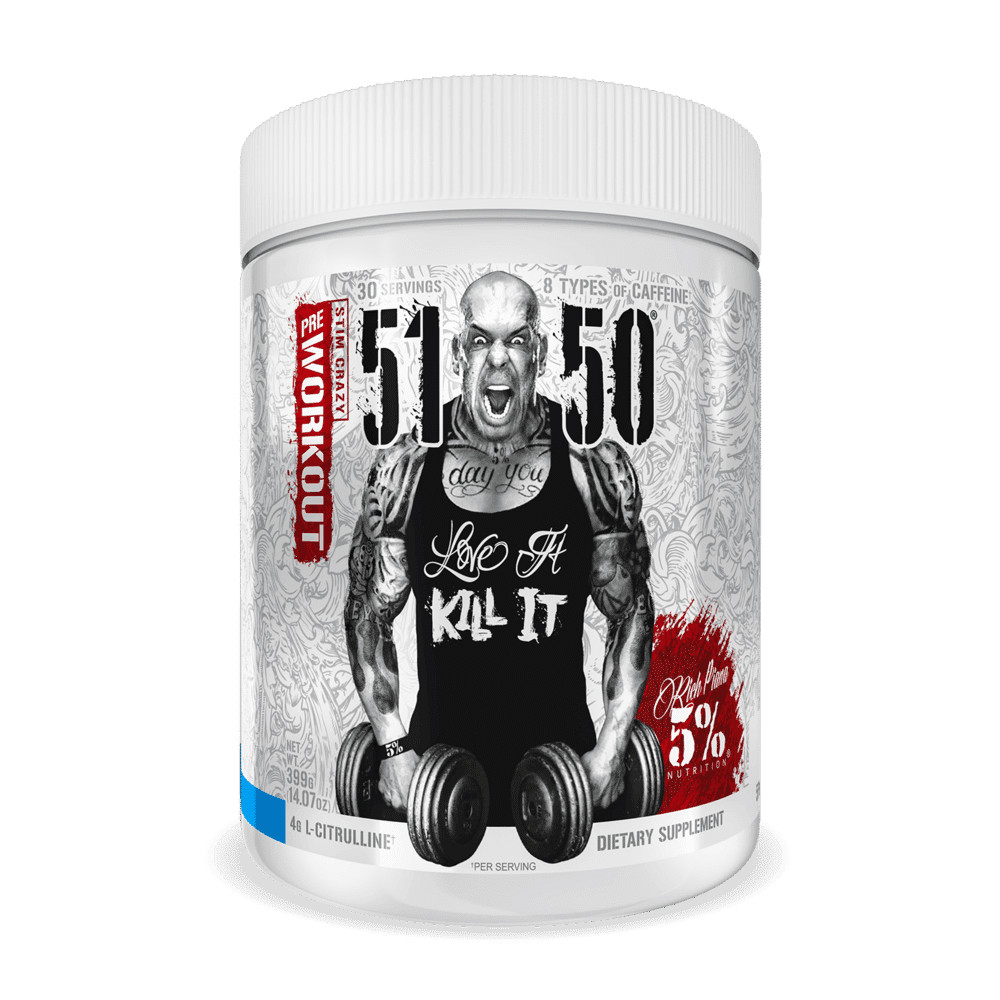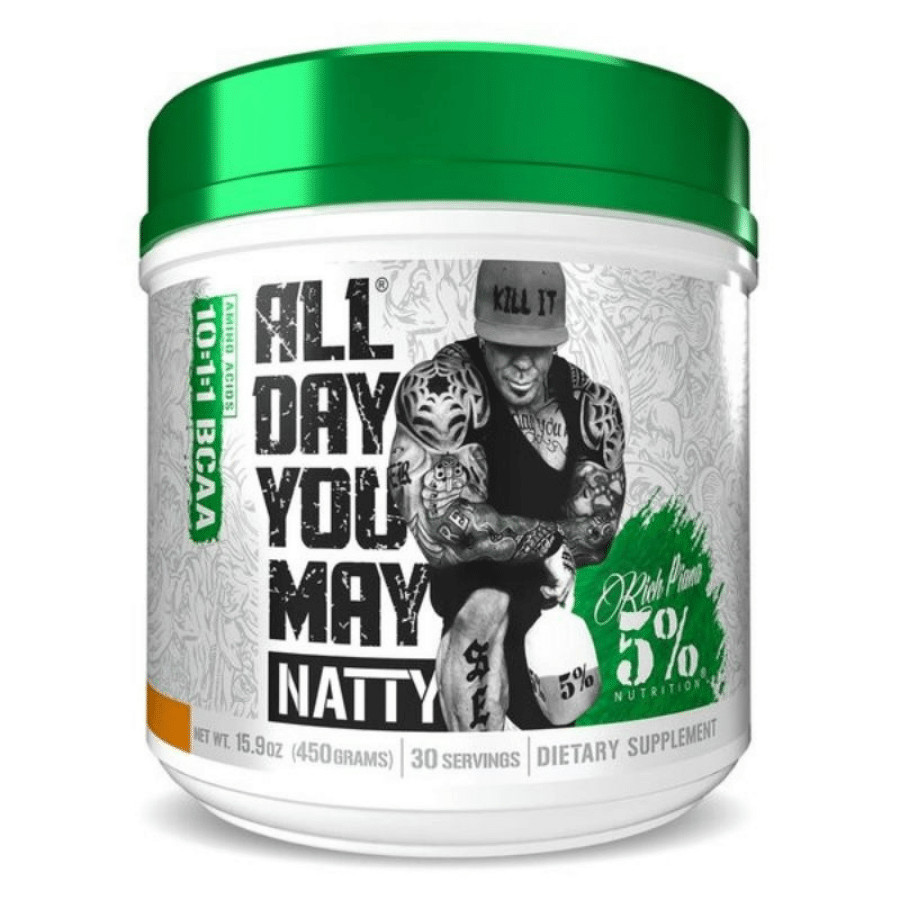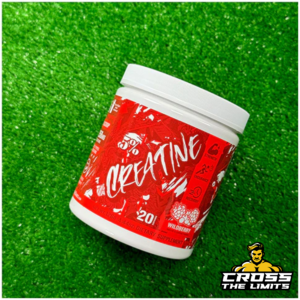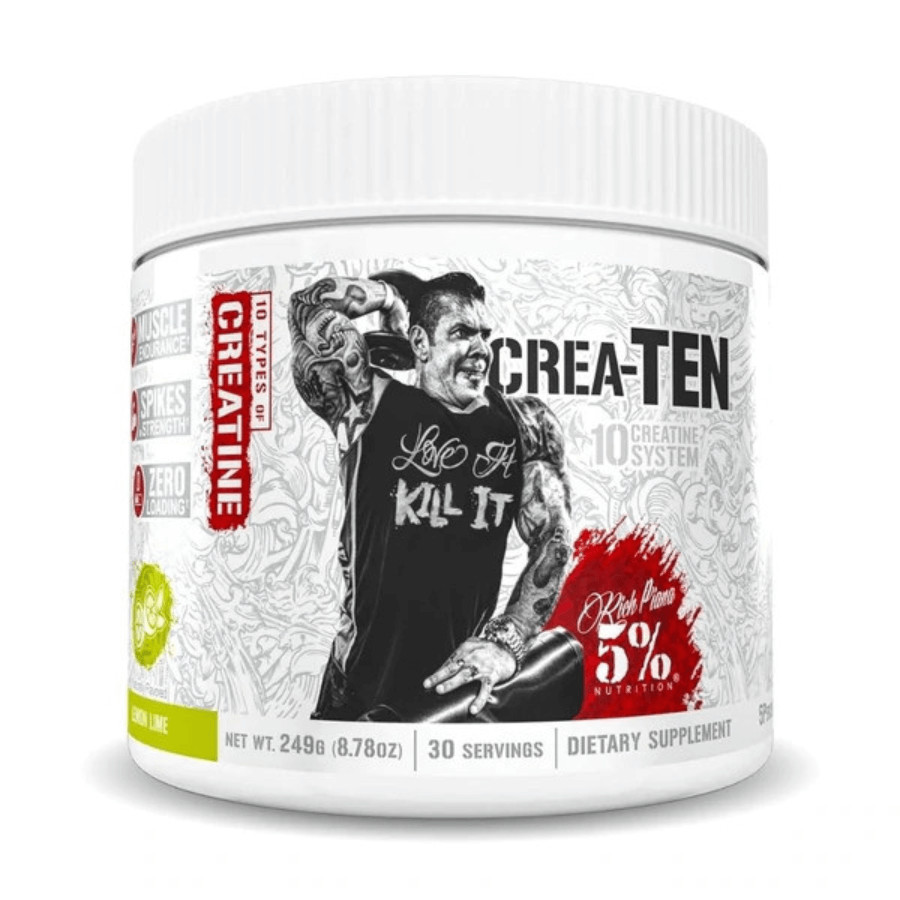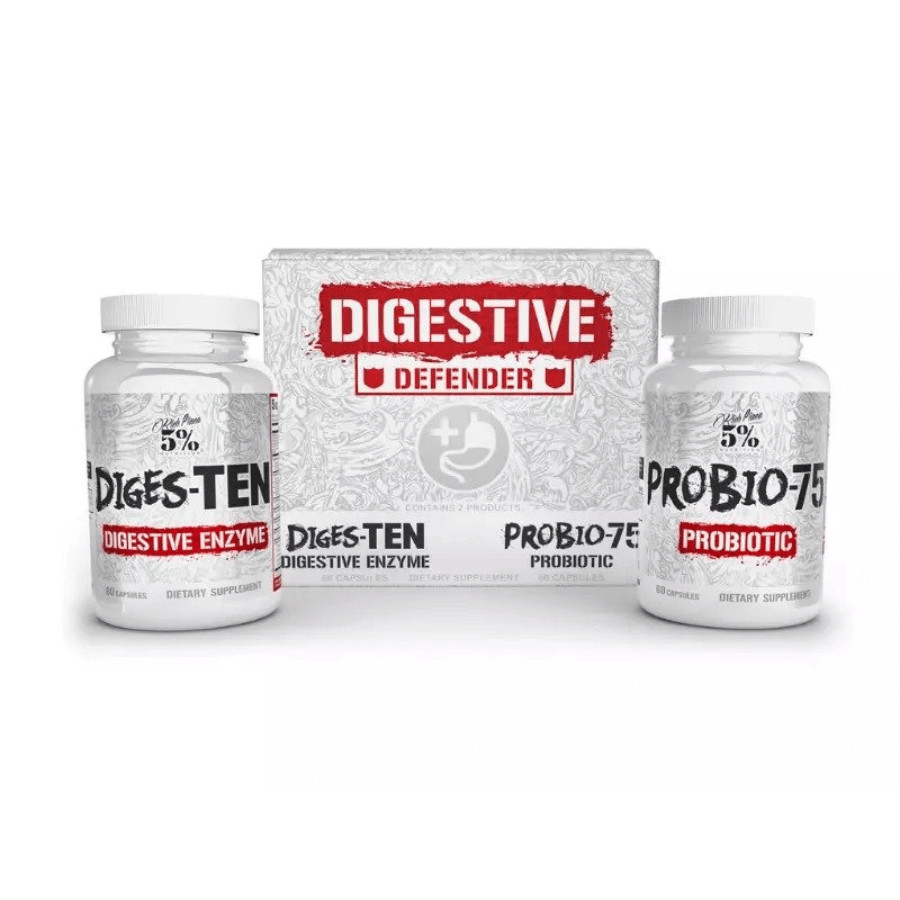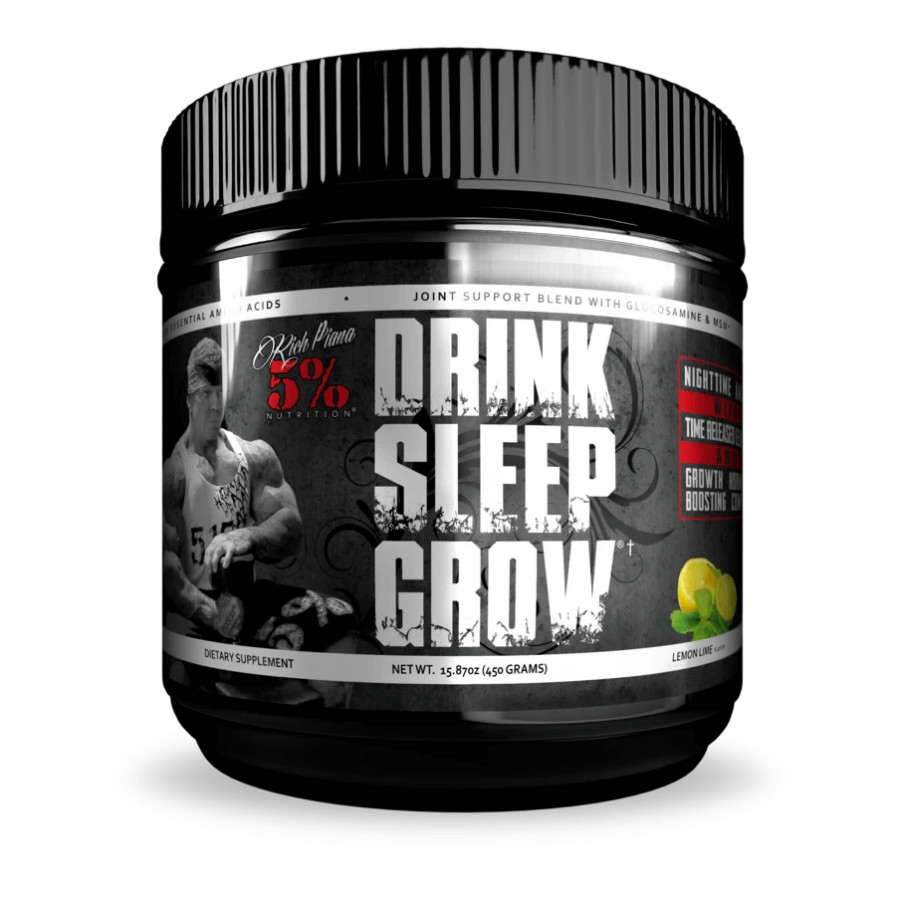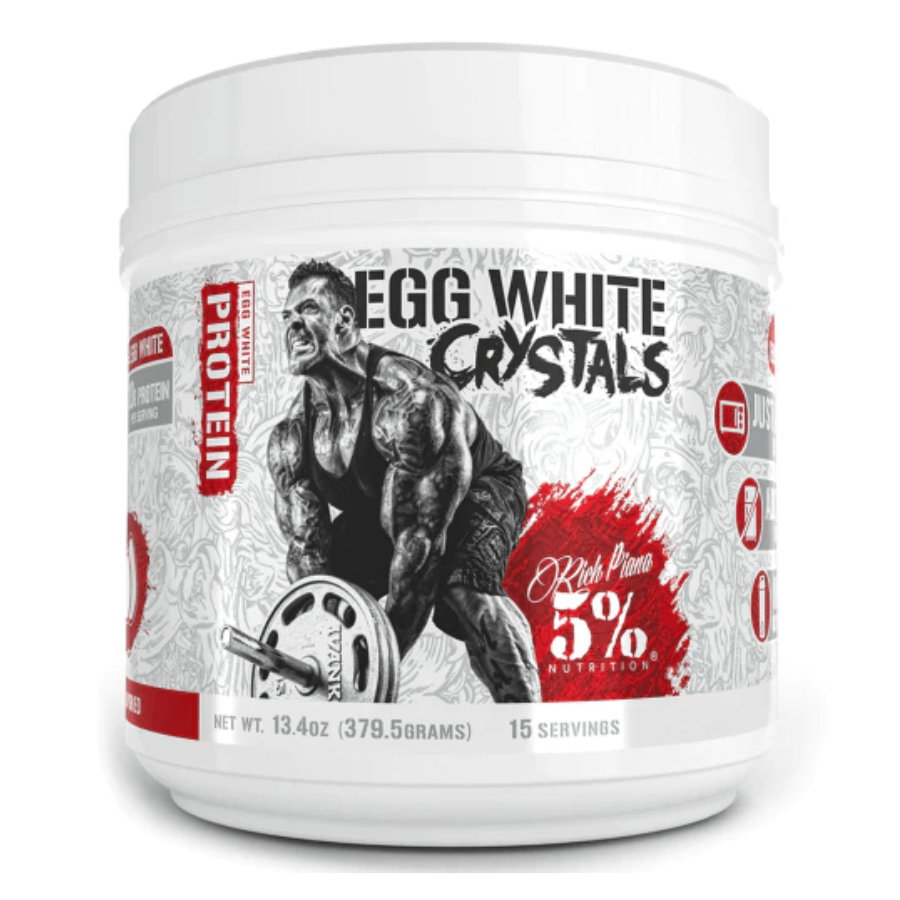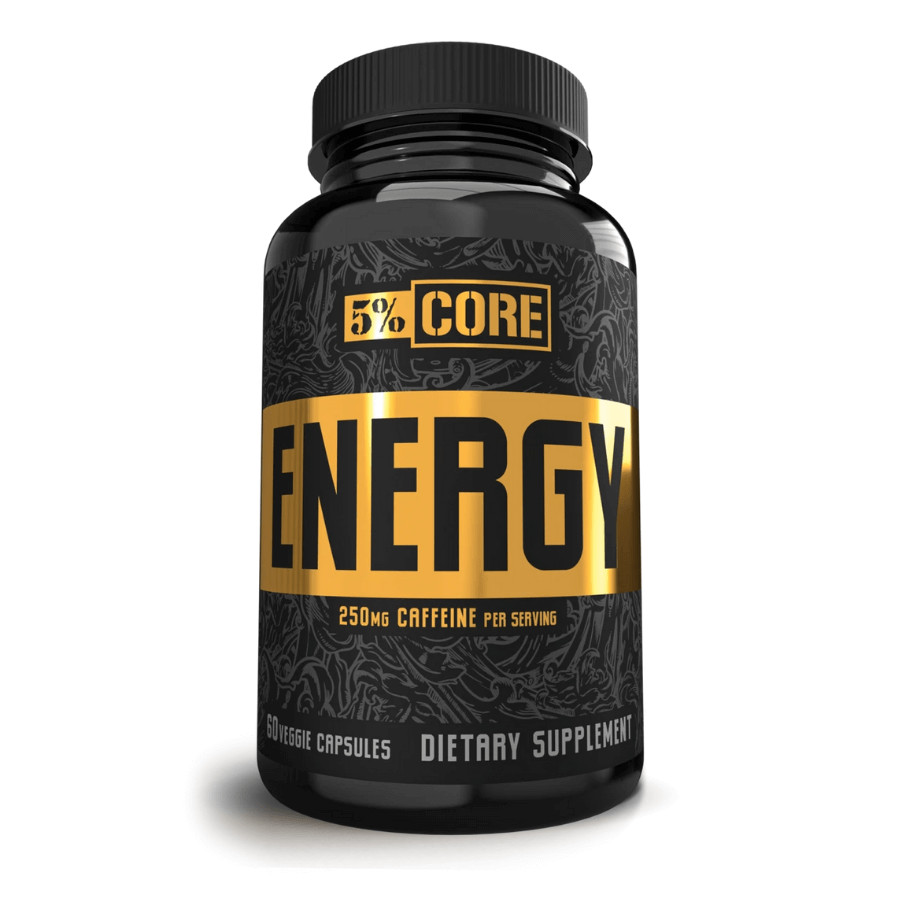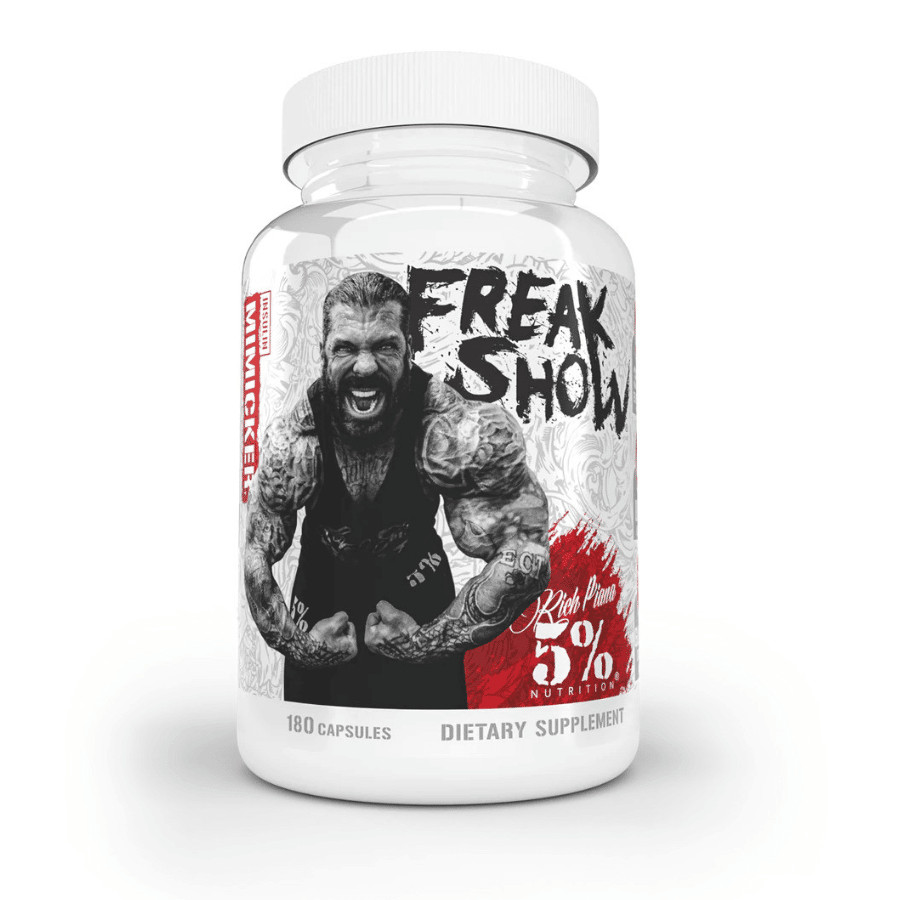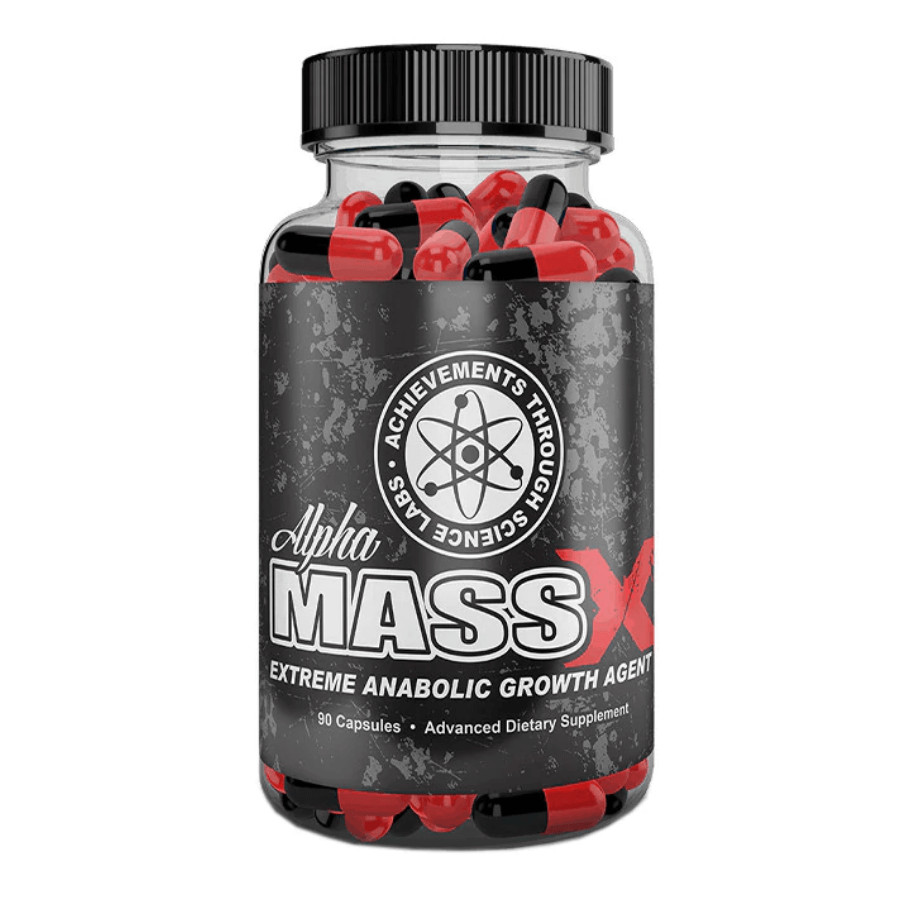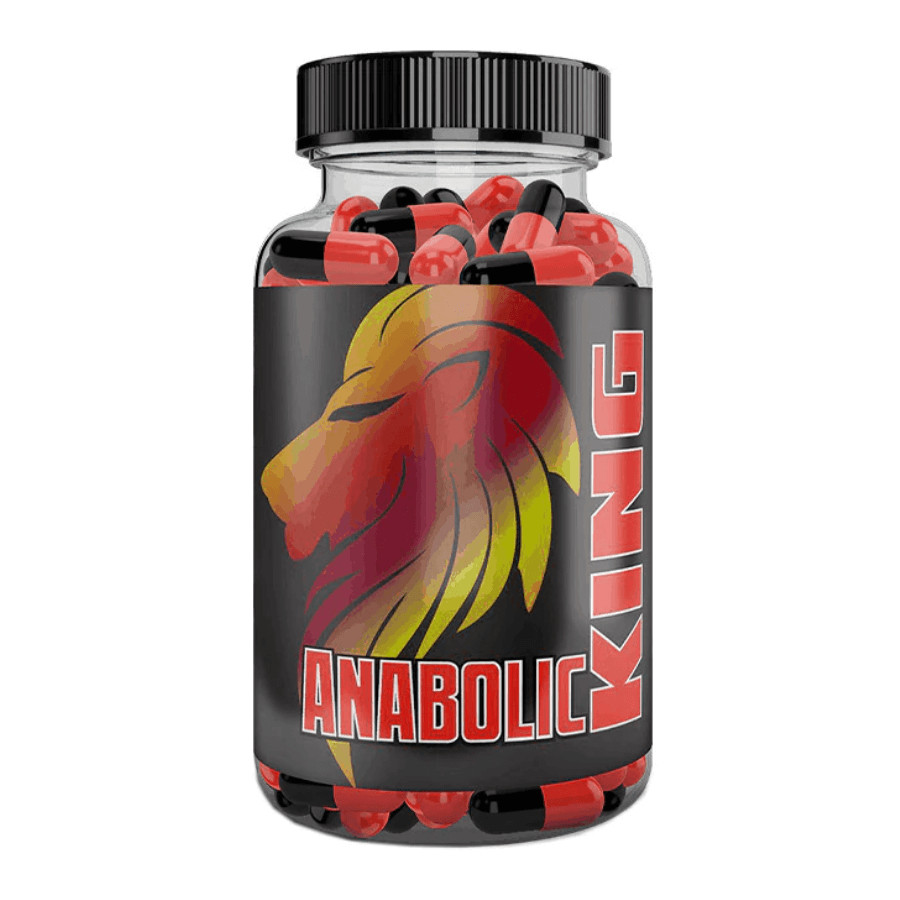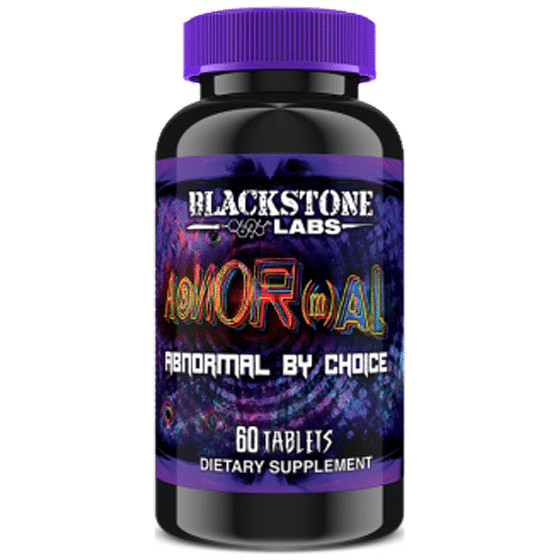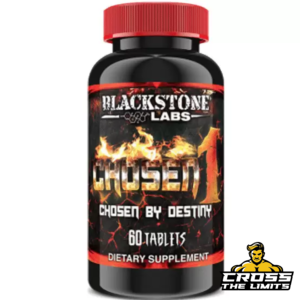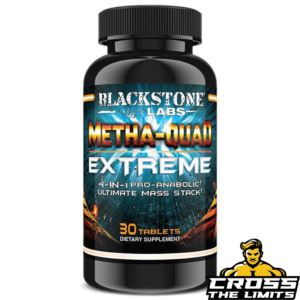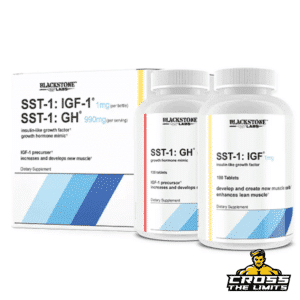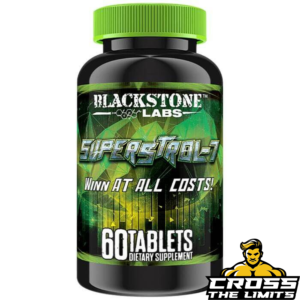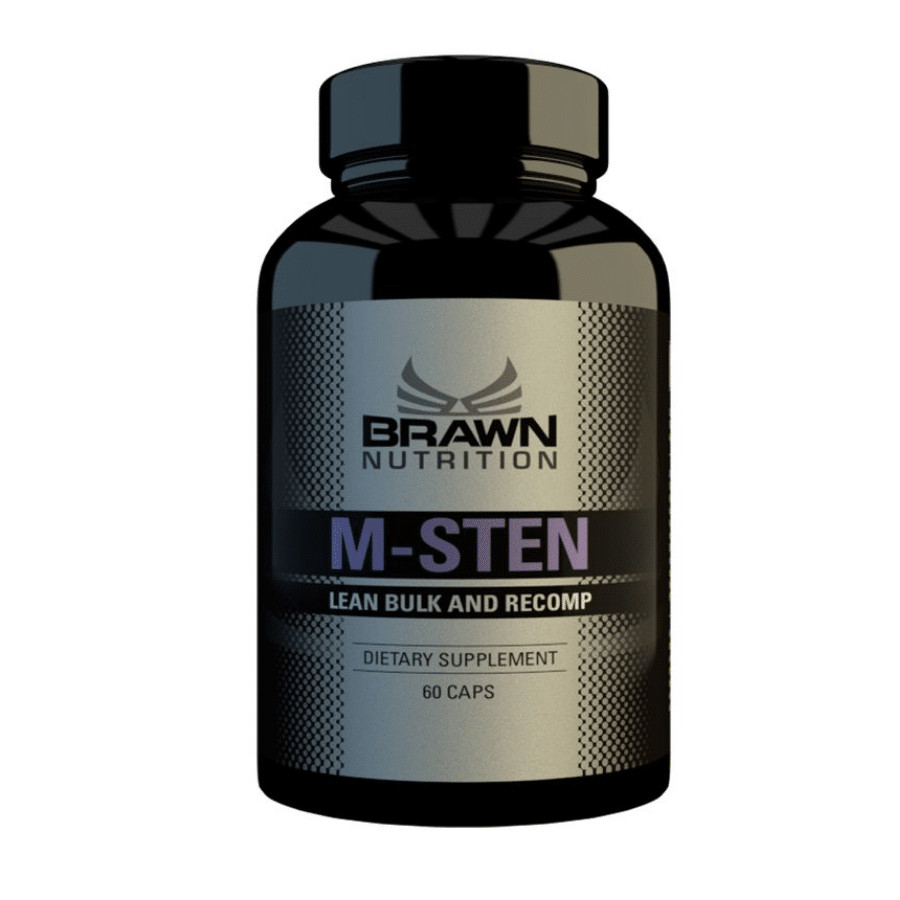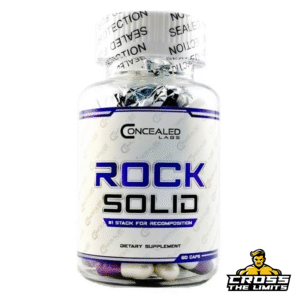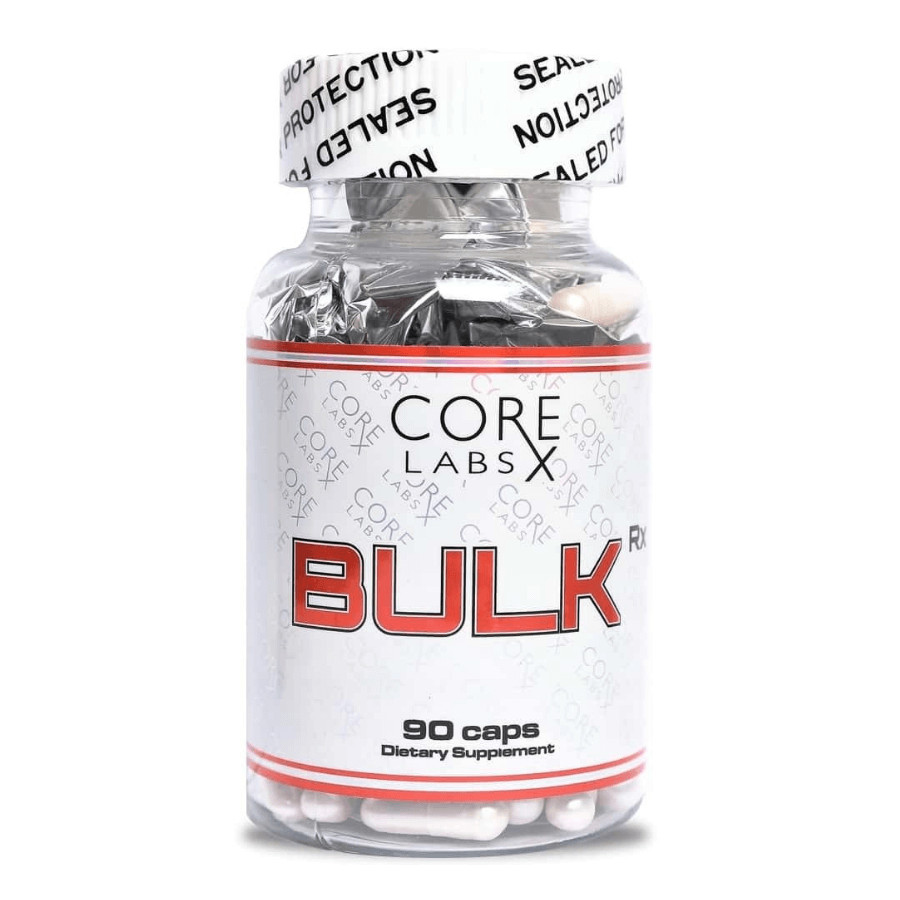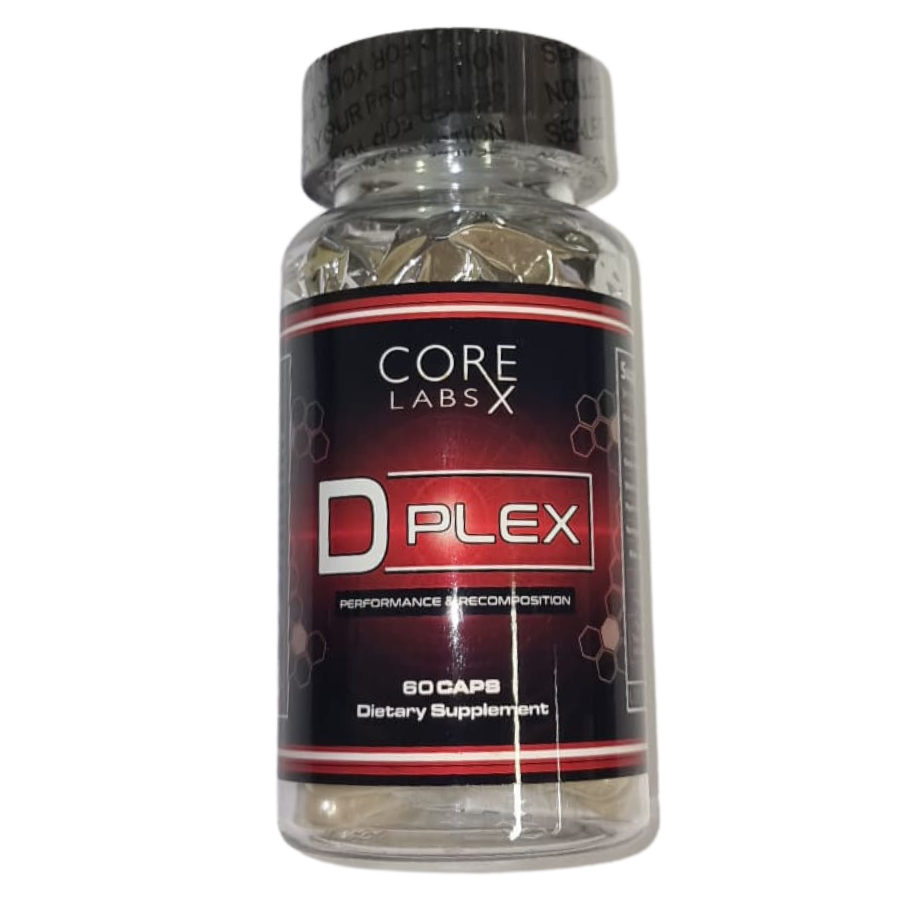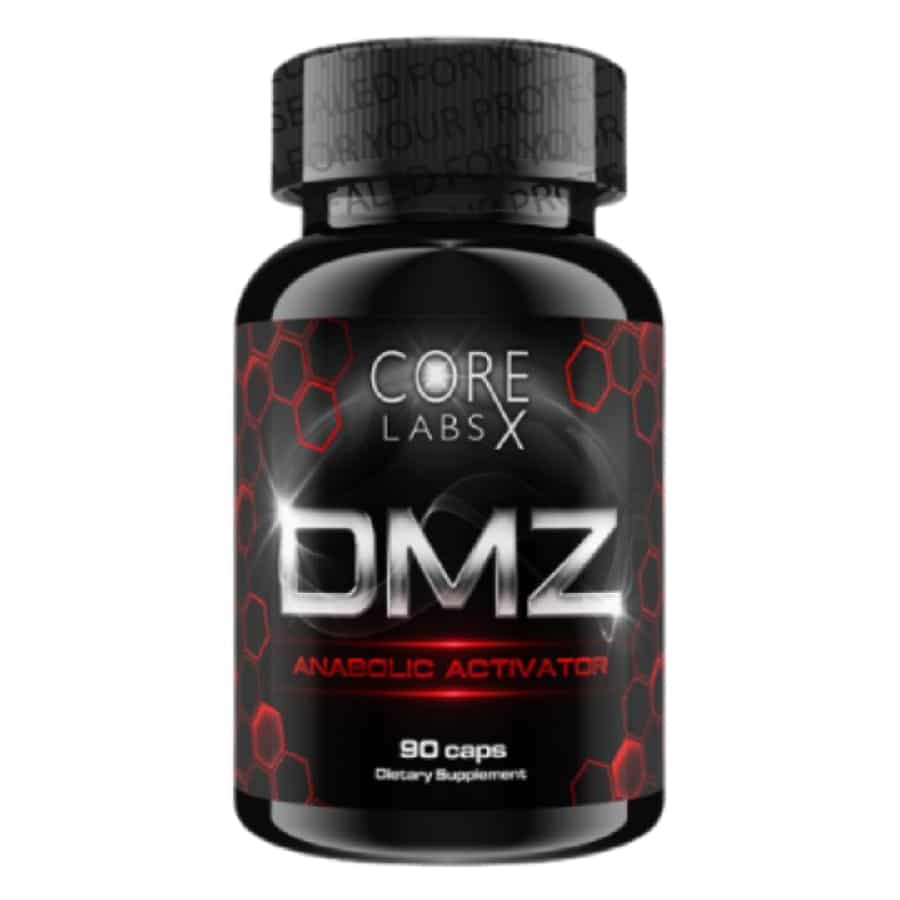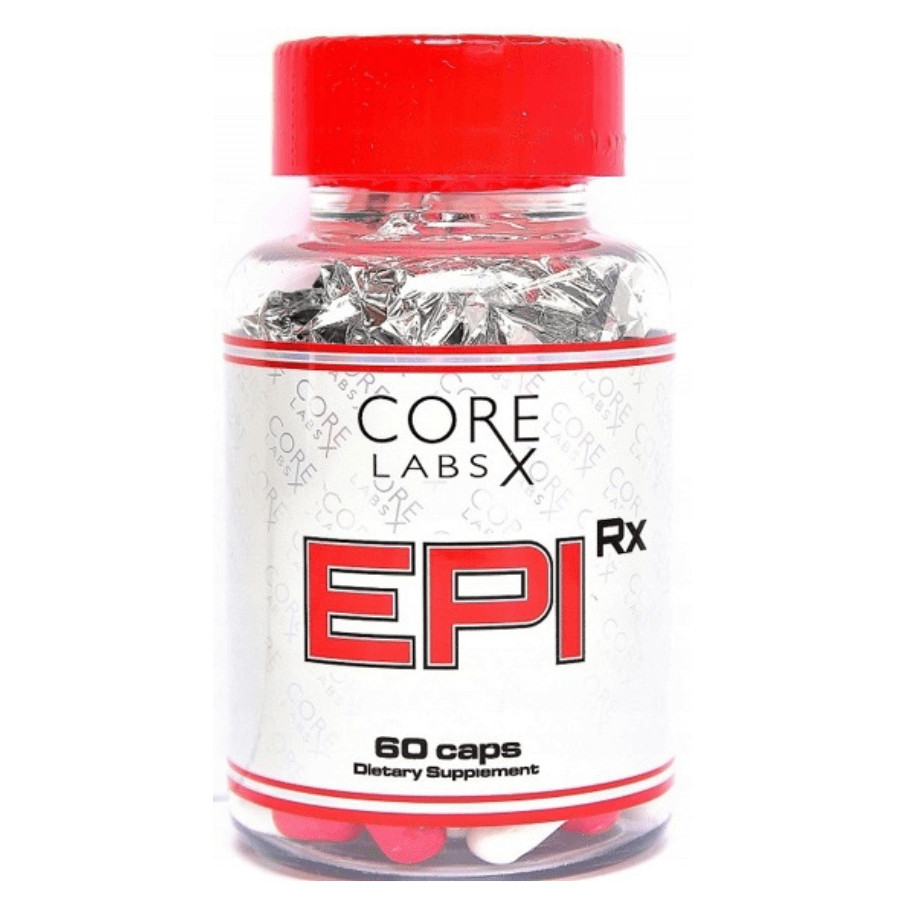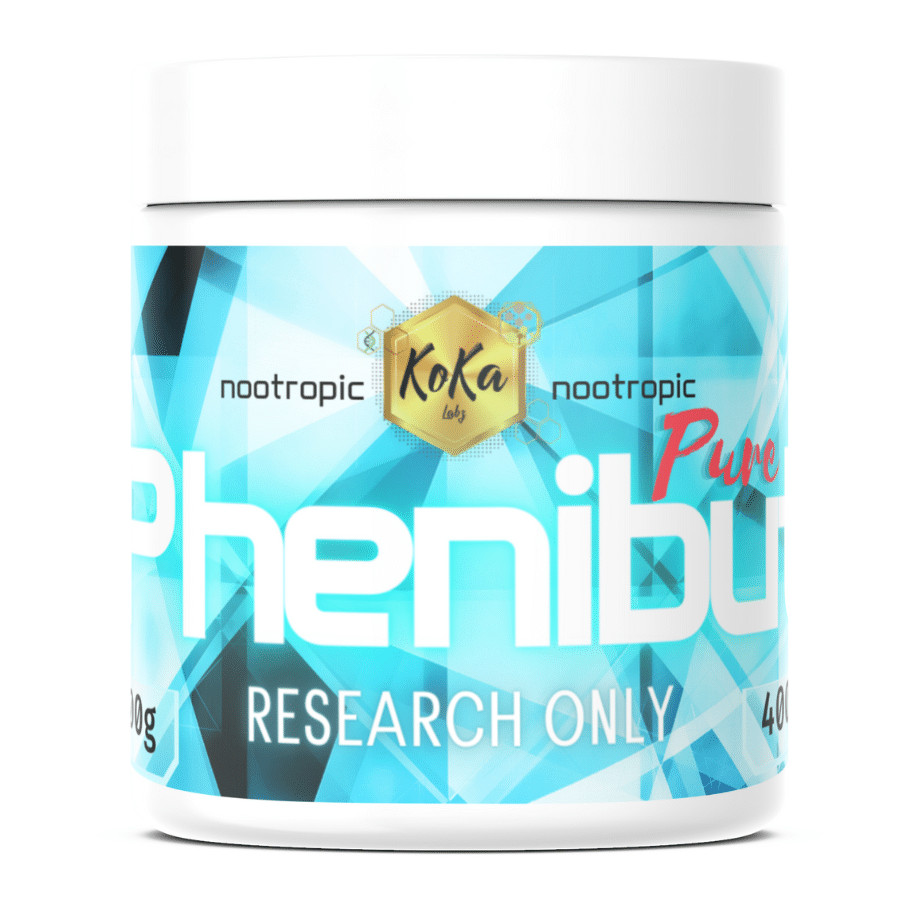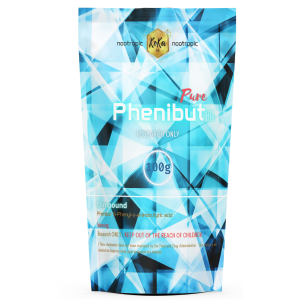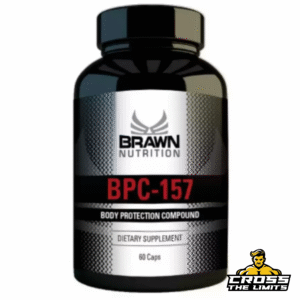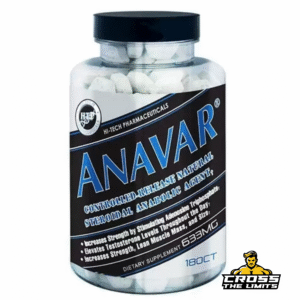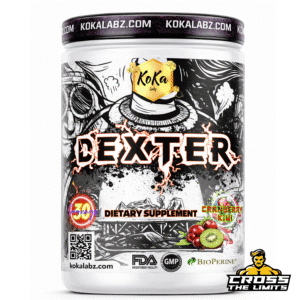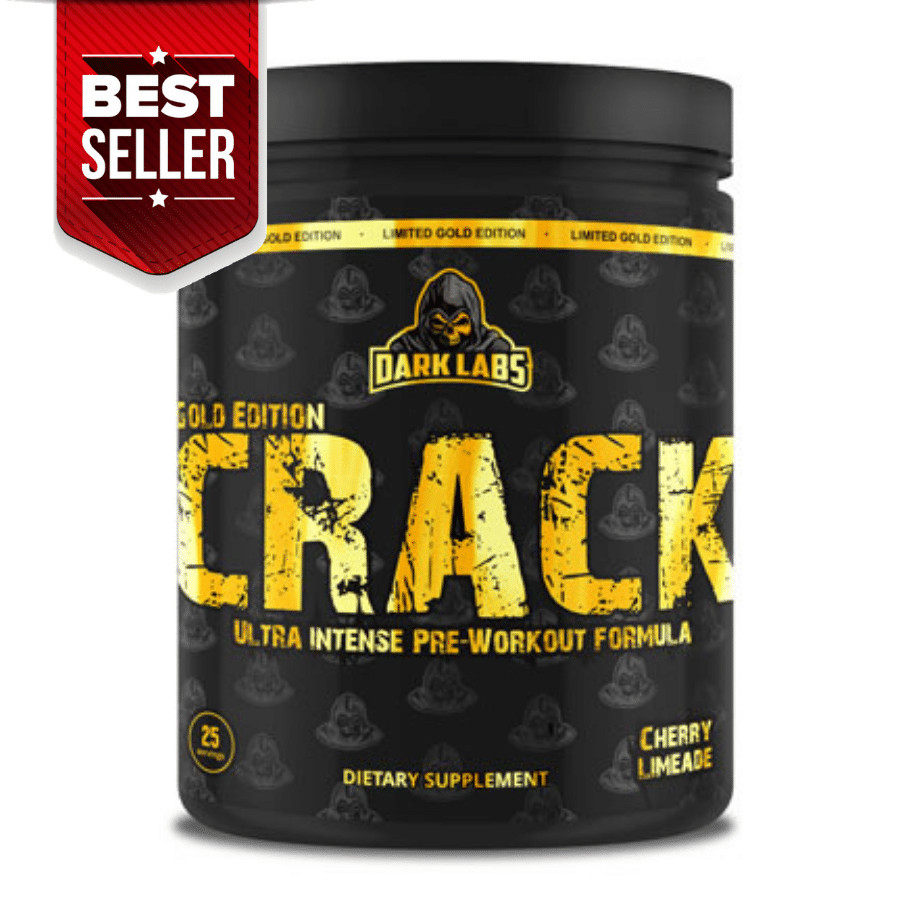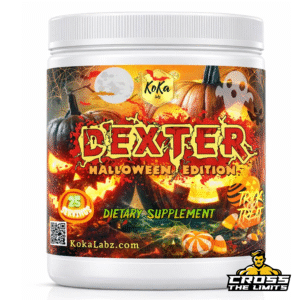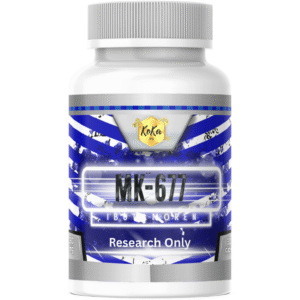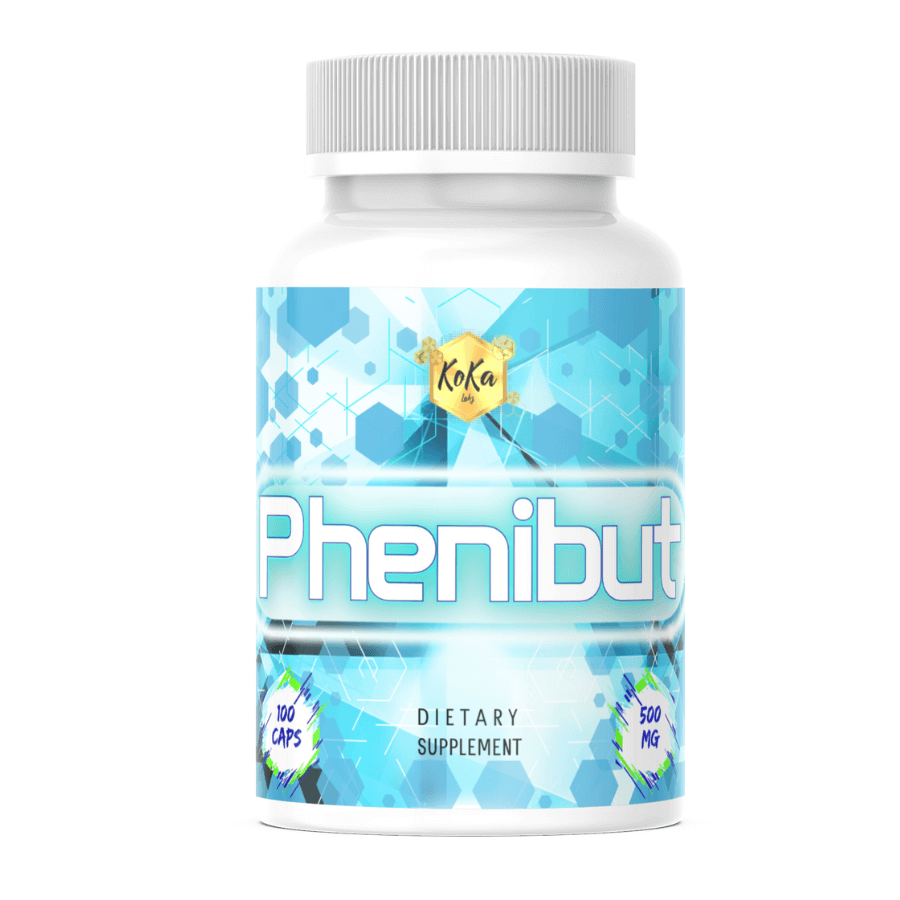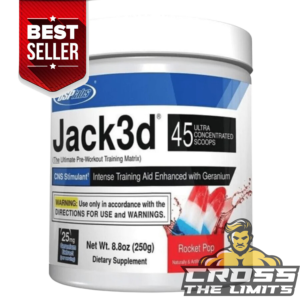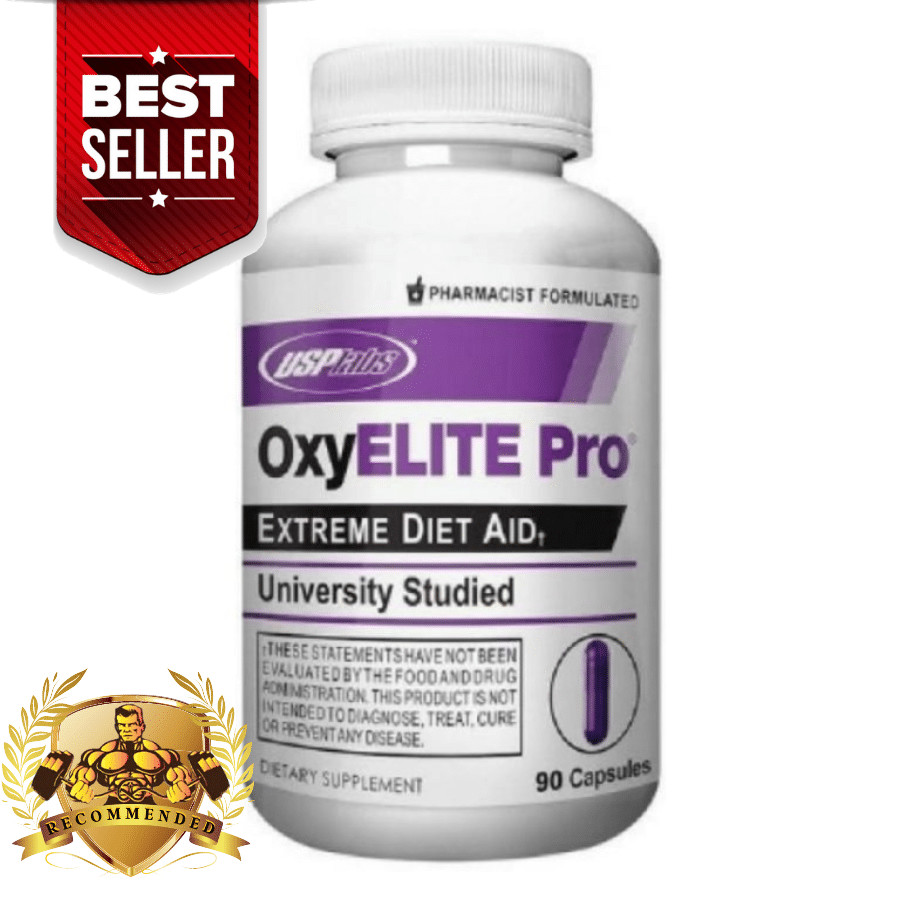Vitamins and minerals play a crucial role in athletic performance. They are essential for maintaining overall health, supporting energy production, and aiding muscle function and recovery. Athletes have higher nutrient needs due to the increased physical demands they place on their bodies. Without an adequate intake of vitamins and minerals, athletes may experience decreased performance, increased risk of injury, and longer recovery times. Athletes need to understand the role of vitamins and minerals in their bodies and how to optimize their intake to support their training and performance.
In addition to supporting overall health, vitamins and minerals are involved in various physiological processes that are particularly important for athletes. For example, vitamin D is essential for bone health and muscle function, while B vitamins are crucial for energy metabolism. Minerals such as iron, magnesium, and zinc are also crucial for energy production, muscle contraction, and recovery. Athletes deficient in these nutrients may experience fatigue, muscle weakness, and decreased endurance. Therefore, ensuring adequate intake of vitamins and minerals is essential for optimizing athletic performance.
Understanding the Role of Vitamins and Minerals in the Body
Vitamins and minerals are essential nutrients the body needs in small amounts to function properly. They play various bodily roles, including supporting energy production, immune function, and muscle function. Vitamins are organic compounds necessary for various biochemical reactions in the body, while minerals are inorganic elements essential for maintaining fluid balance, nerve function, and muscle contraction. Both vitamins and minerals are involved in numerous physiological processes necessary for athletic performance.
-
AddAdd
AFTERDARK VOID – HIGH-STIM PRE-WORKOUT (21 SERVINGS)
£41.55 £47.06Out of stockAddAddAddOut of stockAddOut of stockAddOut of stockAddFor example, vitamin C is an antioxidant that helps protect cells from damage caused by free radicals produced during exercise. It also plays a role in collagen synthesis, essential for maintaining the integrity of connective tissues such as tendons and ligaments. Similarly, calcium and magnesium are essential for muscle contraction and relaxation. At the same time, iron is essential for oxygen transport and energy production. Understanding the role of vitamins and minerals in the body can help athletes make informed decisions about their nutrition and supplementation to support their training and performance.
How Vitamins and Minerals Can Improve Endurance and Recovery
Vitamins and minerals can significantly impact endurance and recovery for athletes. For example, vitamin D has been shown to improve muscle strength and power. In contrast, B vitamins are essential for energy metabolism and reducing fatigue. Minerals such as iron and magnesium are also crucial for oxygen transport, energy production, and muscle function. Athletes deficient in these nutrients may experience decreased endurance, increased fatigue, and longer recovery times.
-
Add
AFTERDARK VOID – HIGH-STIM PRE-WORKOUT (21 SERVINGS)
£41.55 £47.06Out of stockAlpha Neon Darkside Ultima Pre-workout 600g
£20.80 £41.49AddOut of stockOut of stockAddOut of stockBadass Labz The Russian Power Pre-Workout 25 Servings
£50.08 £55.94AddOut of stockBlackStone Labs Dust X Pre-Workout 25 servings
£39.53 £46.74AddAddAddAddProduct no longer in sale
Check our bestsellersIn addition to supporting endurance, vitamins and minerals can aid in recovery by reducing inflammation and supporting tissue repair. For example, vitamin C is an antioxidant that helps reduce oxidative stress and inflammation caused by intense exercise. Similarly, minerals such as zinc and copper are necessary for collagen synthesis and repairing damaged tissues. By optimizing their intake of vitamins and minerals, athletes can improve their endurance and recovery, allowing them to train harder and more frequently.
The Best Sources of Vitamins and Minerals for Athletes
Athletes can obtain vitamins and minerals from various food sources, including fruits, vegetables, whole grains, lean proteins, and dairy products. For example, fruits such as oranges, strawberries, and kiwi are rich in vitamin C. In contrast, leafy greens like spinach and kale are high in iron and magnesium. Lean proteins such as chicken, turkey, and fish are good sources of B vitamins. In contrast, dairy products such as milk and yoghurt provide calcium and vitamin D.
In addition to whole foods, athletes can consider incorporating fortified foods or supplements to ensure they meet their nutrient needs. For example, fortified cereals and plant-based milks can provide additional vitamins and minerals such as B vitamins, calcium, and vitamin D. Athletes should aim to consume a variety of nutrient-dense foods to ensure they are getting a wide range of vitamins and minerals to support their training and performance.
How to Incorporate Vitamins and Minerals into Your Training and Nutrition Plan
A balanced diet that includes a variety of nutrient-dense foods can incorporate vitamins and minerals into a training and nutrition plan. Athletes should consume a wide range of fruits, vegetables, whole grains, lean proteins, and dairy products to ensure they get various vitamins and minerals. It can also be helpful to plan meals and snacks around training sessions to ensure adequate intake of nutrients before and after exercise.
-
Product no longer in sale
Check our bestsellers100% Beef Isolate 1800g
£42.78Product no longer in sale
Check our bestsellersProduct no longer in sale
Check our bestsellersProduct no longer in sale
Check our bestsellersRated 5.00 out of 55% Nutrition Digestive Defender 2x60caps
£40.30 £45.15In addition to whole foods, athletes may consider incorporating fortified foods or supplements into their nutrition plan to meet their nutrient needs. For example, athletes with increased nutrient needs due to intense training may benefit from taking a multivitamin or specific supplements such as vitamin D or iron. However, it is essential to consult with a healthcare professional or registered dietitian before starting any supplementation to ensure it is appropriate for individual needs.
Potential Risks and Benefits of Vitamin and Mineral Supplementation for Athletes
While vitamin and mineral supplementation can benefit athletes with increased nutrient needs, there are also potential risks. For example, excessive intake of specific vitamins or minerals can be harmful. It may lead to toxicity or adverse health effects. Athletes must be mindful of their total nutrient intake from food sources and supplements to avoid exceeding recommended levels.
On the other hand, when used appropriately, vitamin and mineral supplementation can provide benefits such as improved endurance, faster recovery, and reduced risk of deficiency. For example, athletes with limited access to specific food sources or who have increased nutrient needs due to intense training may benefit from taking specific supplements to ensure they meet their nutrient needs. However, it is essential to approach supplementation cautiously and seek guidance from a healthcare professional or registered dietitian to ensure it is appropriate for individual needs.
The Future of Vitamins and Minerals in Athletic Performance
The future of vitamins and minerals in athletic performance is promising as research continues to uncover the role of specific nutrients in optimizing training and performance. As our understanding of the physiological processes involved in athletic performance grows, so does our knowledge of how vitamins and minerals can support these processes. This has led to developing new strategies for optimizing nutrient intake through personalized nutrition plans tailored to individual needs.
-
ATS Labs Alpha MassX 90caps
£31.15 £62.36ATS Labs Ana King 90caps
£31.15 £60.59Blackstone Labs SST-1 Kit
£166.40 £176.80Brawn Nutrition DL-185 (120 Capsules)
£54.08 £60.32Brawn Nutrition M-STEN – 60 caps
£33.28 £35.57Core Labs Bulk RX 90 caps
£44.00 £47.21Core Labs D-Plex 60caps
£28.00 £46.48In addition to personalized nutrition plans, technological advancements have made it easier for athletes to track their nutrient intake through various apps and wearable devices. This allows athletes to monitor their intake of vitamins and minerals more closely and make adjustments as needed to support their training and performance. As research continues to evolve, we will likely see new developments in the use of vitamins and minerals to optimize athletic performance in the future. Overall, the future looks bright for the role of vitamins and minerals in athletic performance as we continue to uncover new ways to support the nutritional needs of athletes.
About the author
Cross The Limits
Cross The Limits is a passionate advocate for health, fitness, and well-being. Since 2018, we have been providing top-quality dietary supplements and vitamins across the UK. Based in Suffolk, our team is committed to helping you achieve your fitness goals with trusted products, expert advice, and unwavering support. Through our blog, we share valuable tips, insights, and the latest trends to inspire and guide you on your health and fitness journey.
Check other posts

What pre-workout supplements can you take every…
February 17th, 2026
Read more
Where to buy the strongest fat burner…
February 10th, 2026
Read more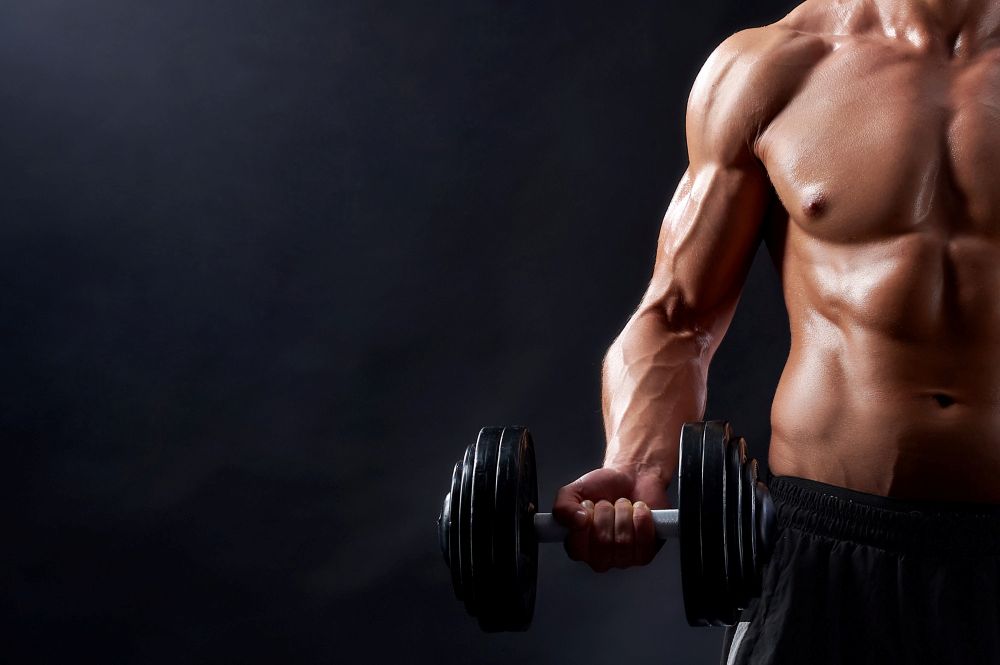
How to choose the best muscle-building supplements.…
January 30th, 2026
Read moreRelated products
-
KK labz B-aba-Pheni 200g
£88.86KK Labz B-aba-Pheni 100g
£46.22Rated 5.00 out of 5Rated 4.89 out of 5Rated 4.33 out of 5Rated 5.00 out of 5
